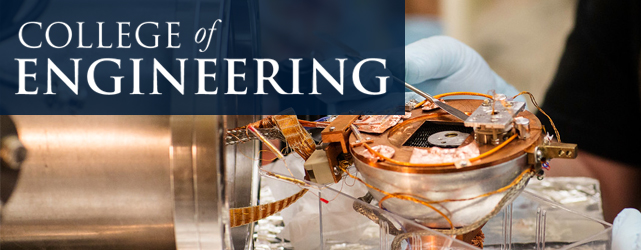Document Type
Article
Author ORCID Identifier
Guoming Zhu https://orcid.org/0000-0002-2101-2698
Journal/Book Title/Conference
Applied Sciences
Volume
13
Issue
11
Publisher
MDPI AG
Publication Date
5-25-2023
Creative Commons License

This work is licensed under a Creative Commons Attribution 4.0 License.
First Page
1
Last Page
18
Abstract
In the practical control of nonlinear valve systems, PID control, as a model-free method, continues to play a crucial role thanks to its simple structure and performance-oriented tuning process. To improve the control performance, advanced gain-scheduling methods are used to schedule the PID control gains based on the operating conditions and/or tracking error. However, determining the scheduled gain is a major challenge, as PID control gains need to be determined at each operating condition. In this paper, a model-assisted online optimization method is proposed based on the modified Non-Dominated Sorting Genetic Algorithms-II (NSGA-II) to obtain the optimal gain-scheduled PID controller. Model-assisted offline optimization through computer-in-the-loop simulation provides the initial scheduled gains for an online algorithm, which then uses the iterative NSGA-II algorithm to automatically schedule and tune PID gains by online searching of the parameter space. As a summary, the proposed approach presents a PID controller optimized through both model-assisted learning based on prior model knowledge and model-free online learning. The proposed approach is demonstrated in the case of a nonlinear valve system able to obtain optimal PID control gains with a given scheduled gain structure. The performance improvement of the optimized gain-scheduled PID control is demonstrated by comparing it with fixed-gain controllers under multiple operating conditions.
Recommended Citation
Qu, S.; He, T.; Zhu, G. Model-Assisted Online Optimization of Gain-Scheduled PID Control Using NSGA-II Iterative Genetic Algorithm. Appl. Sci. 2023, 13, 6444. https://doi.org/10.3390/app13116444


